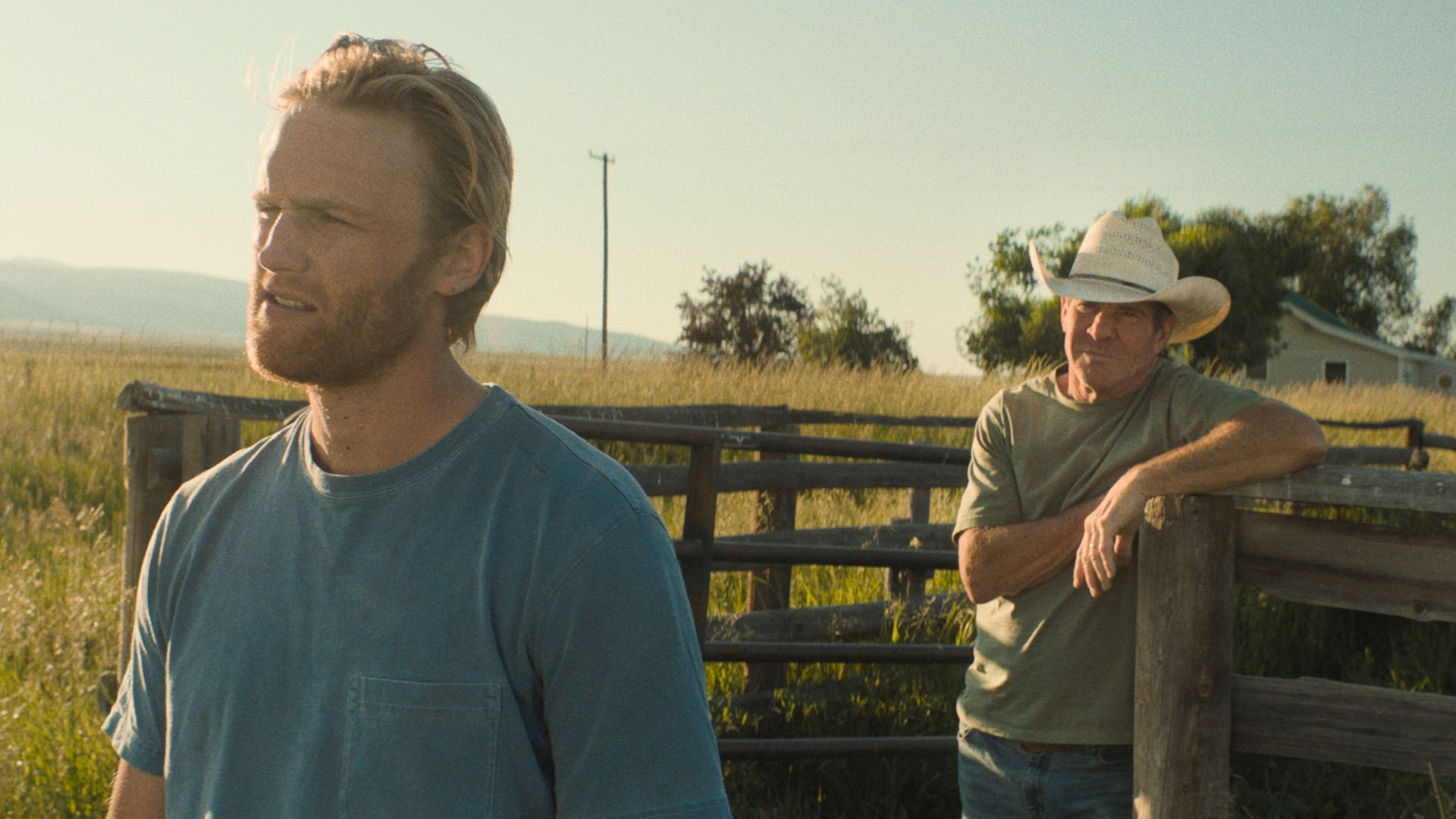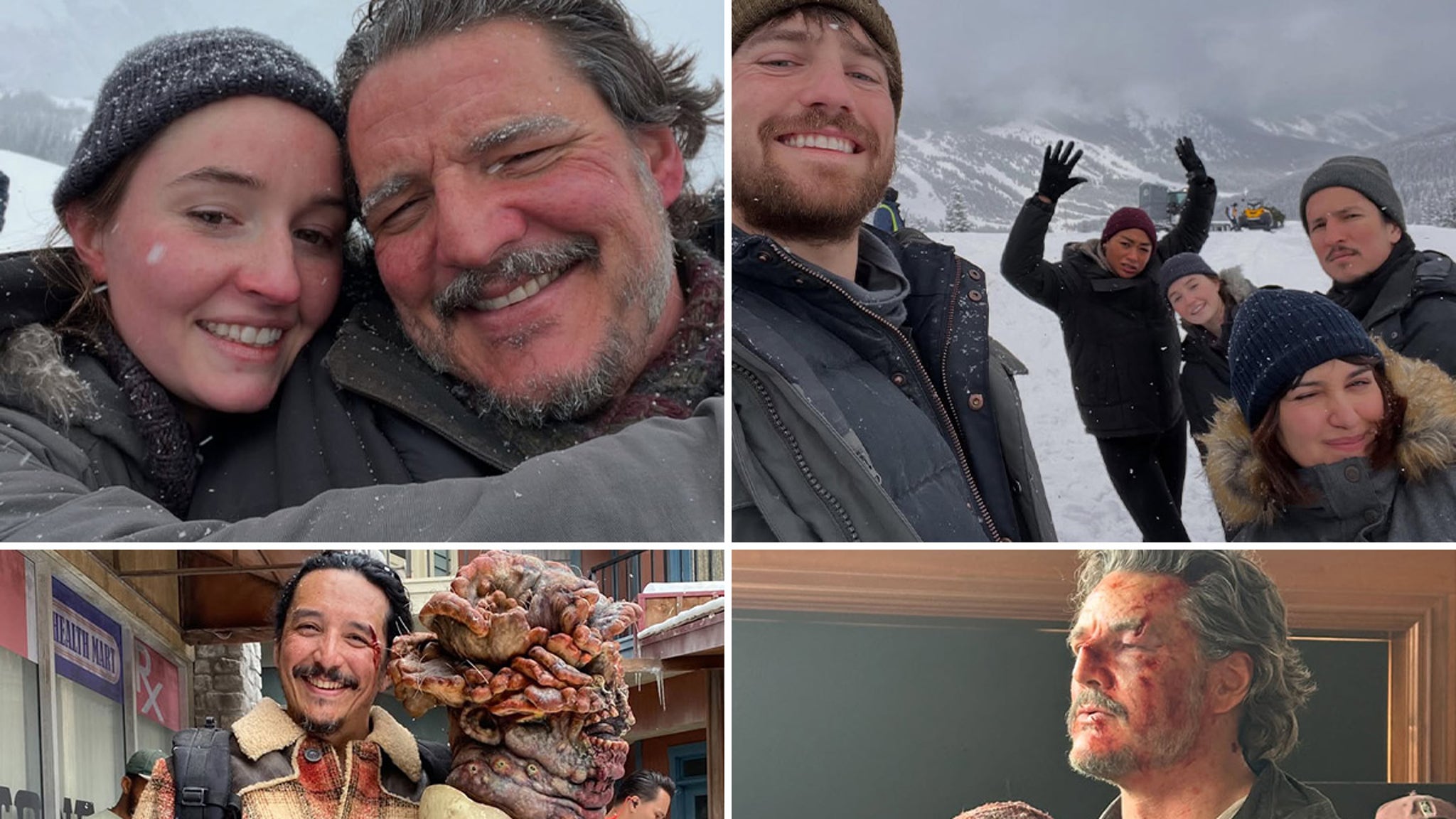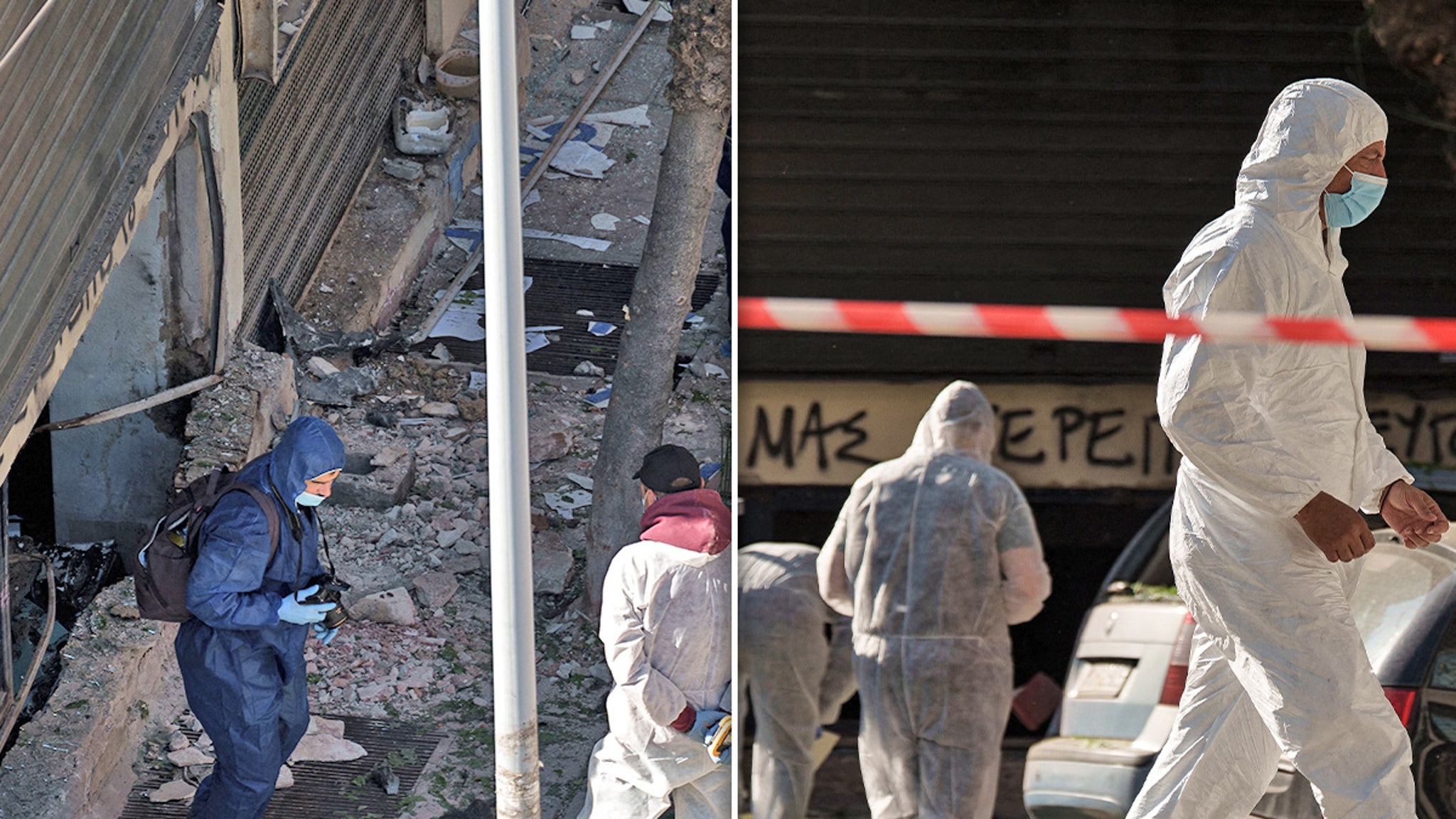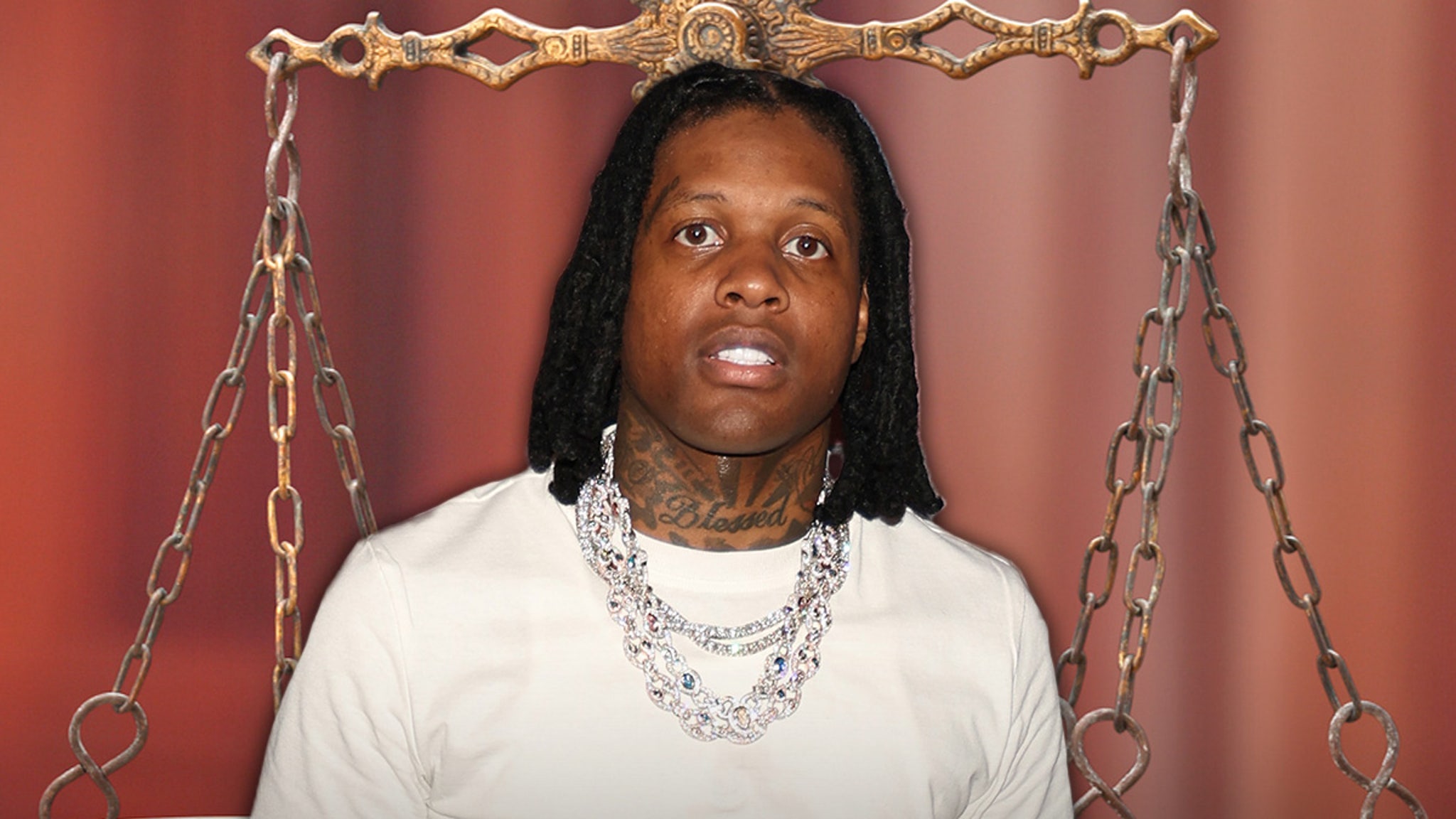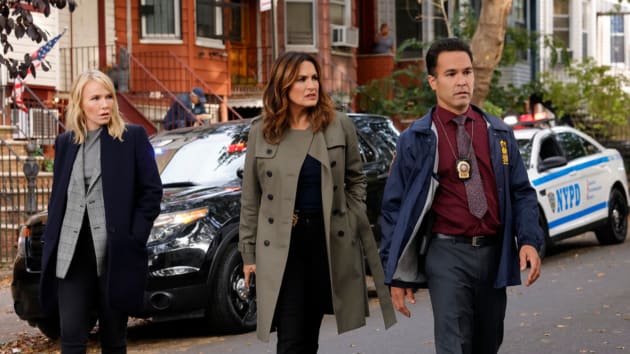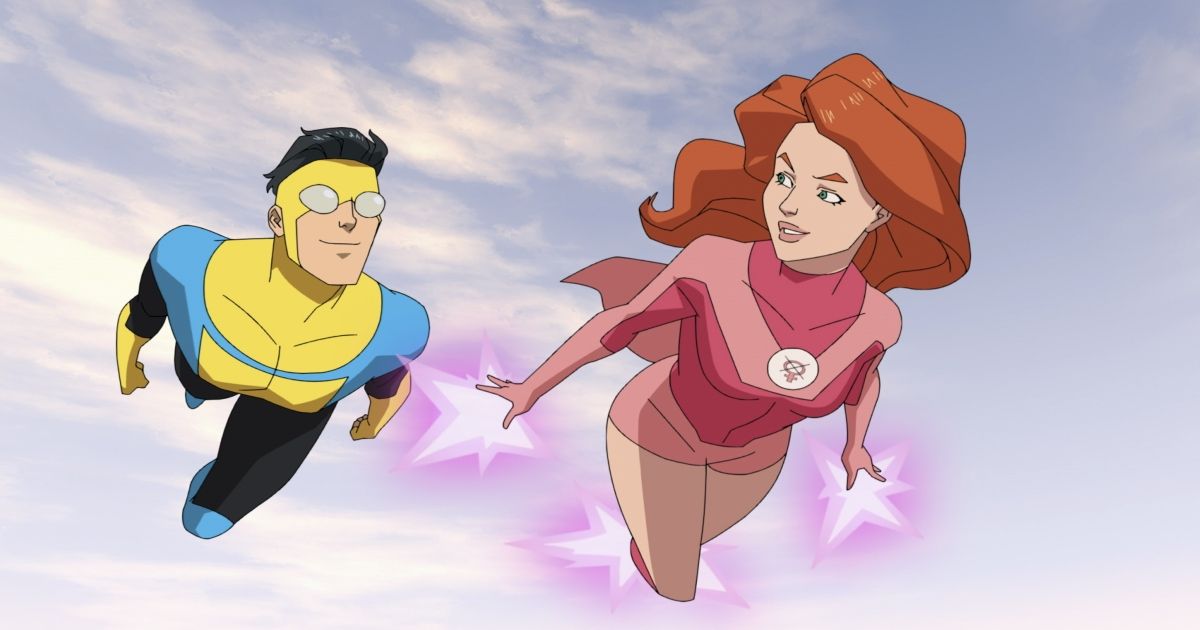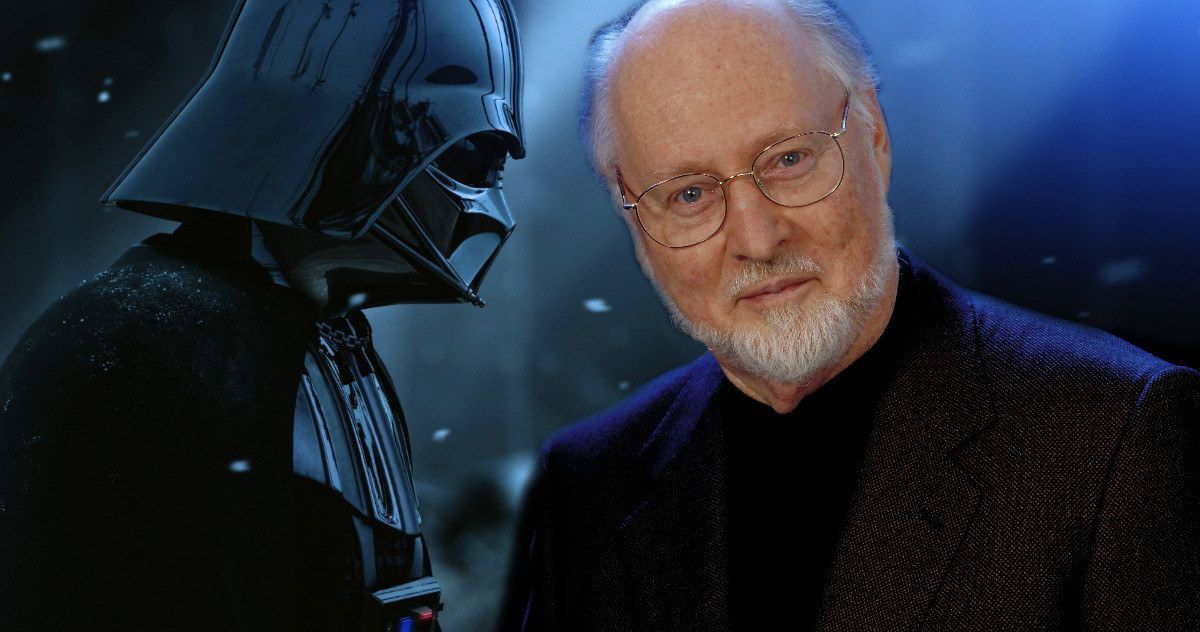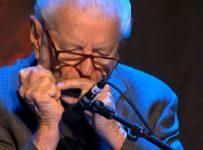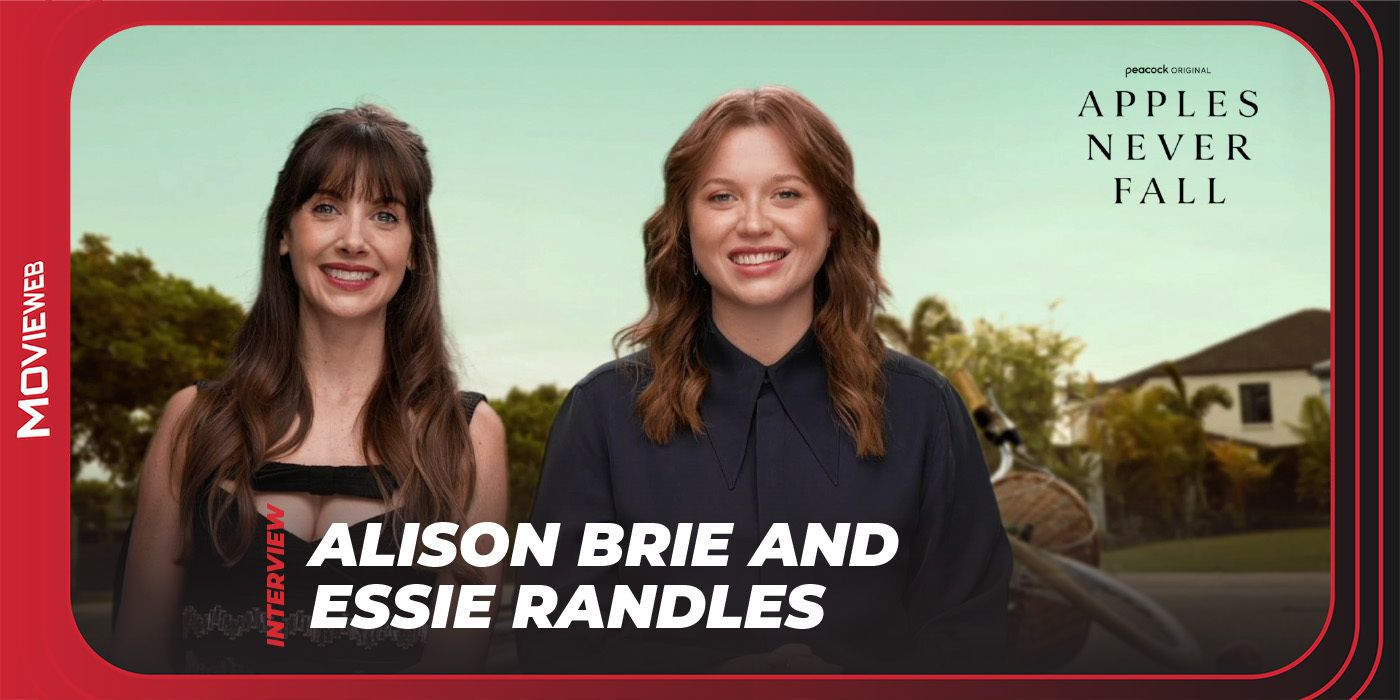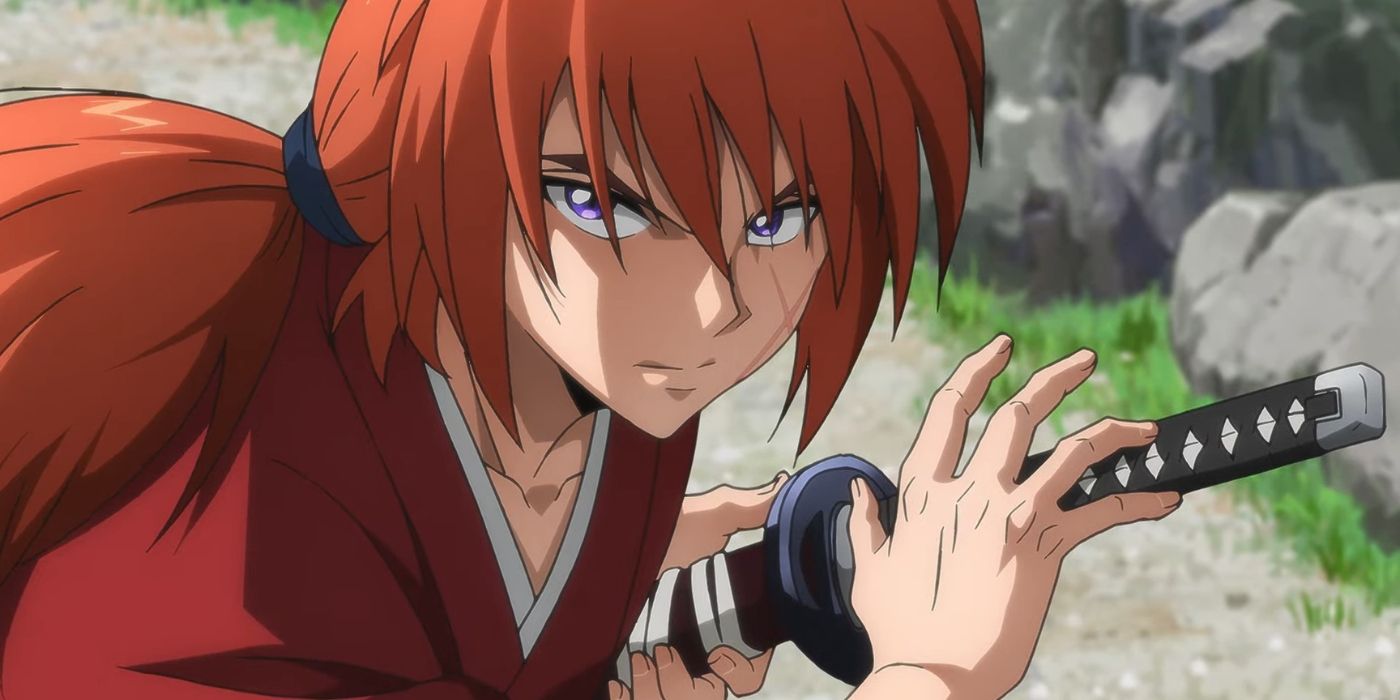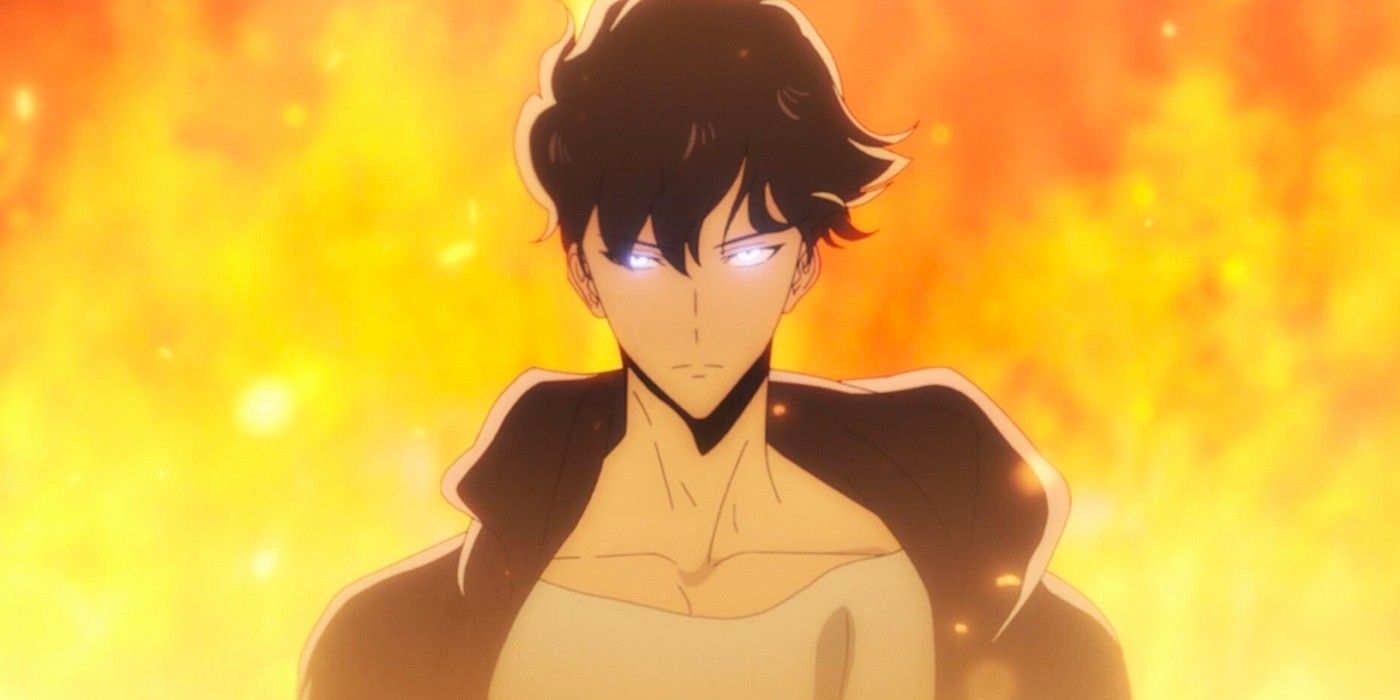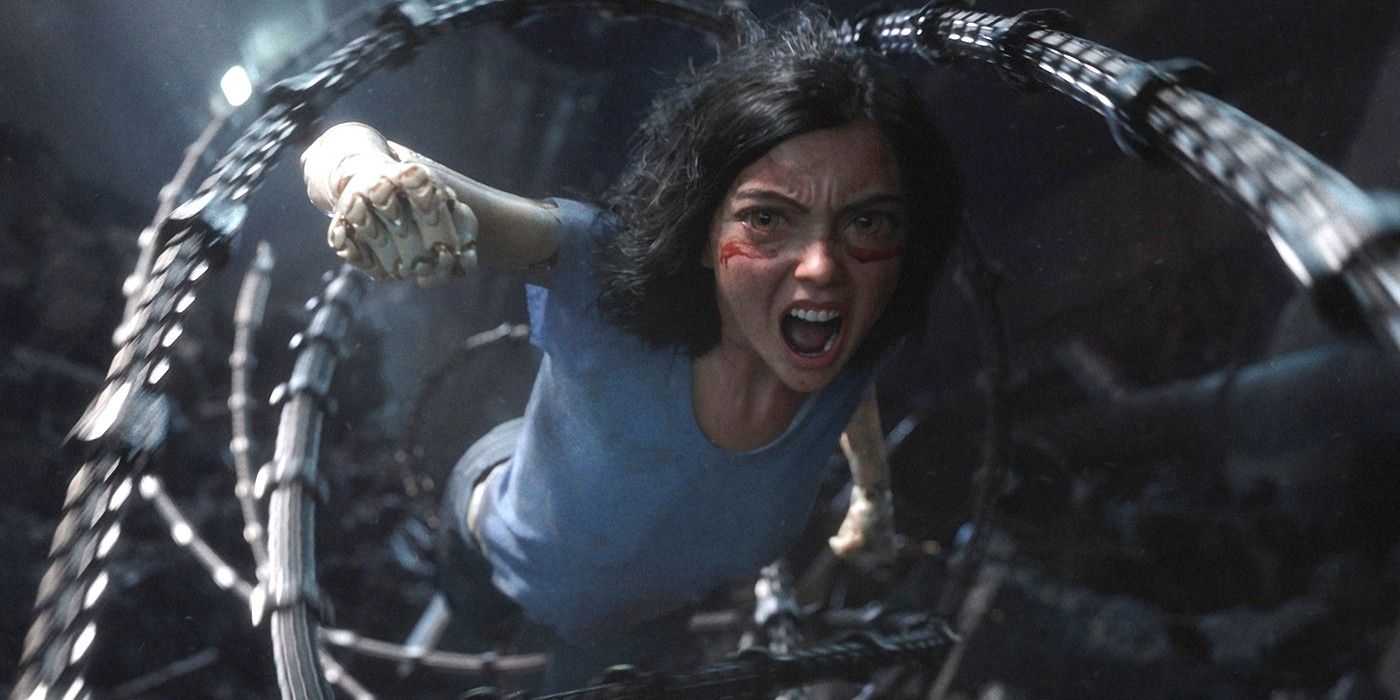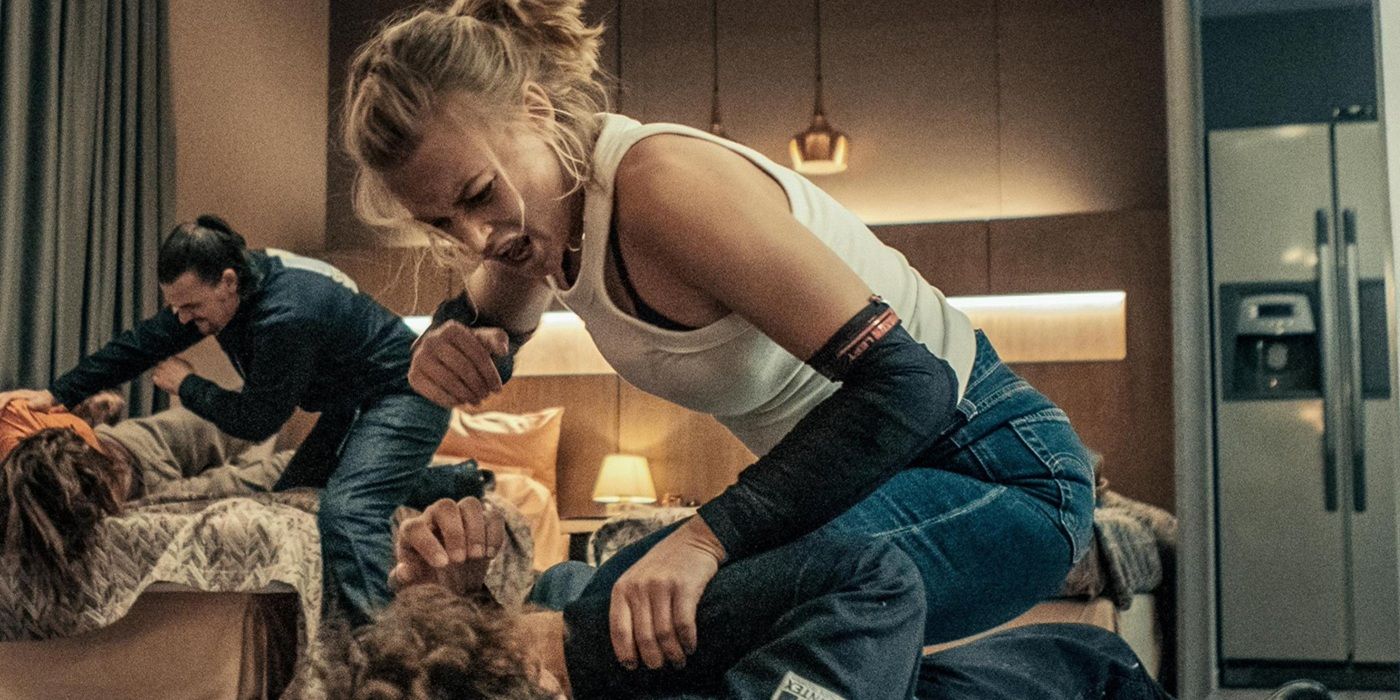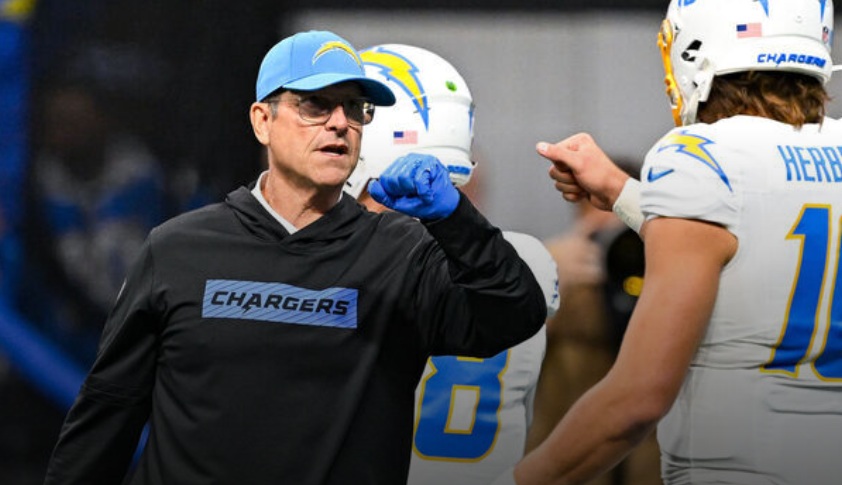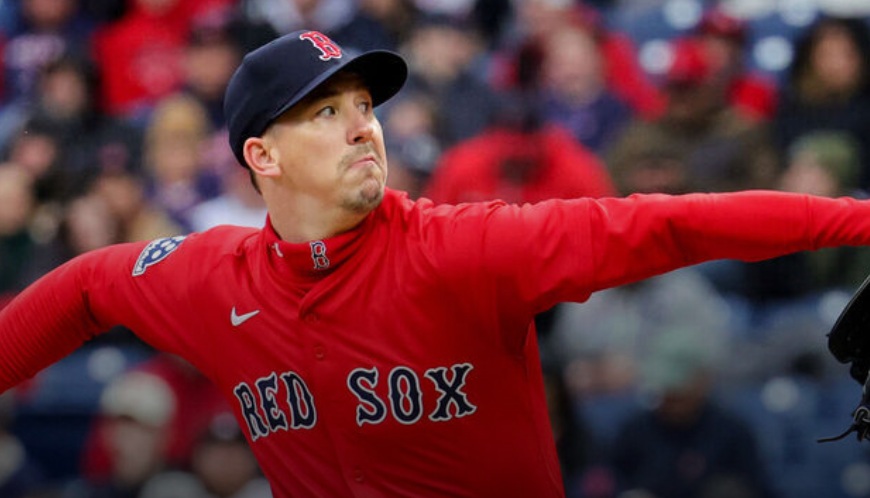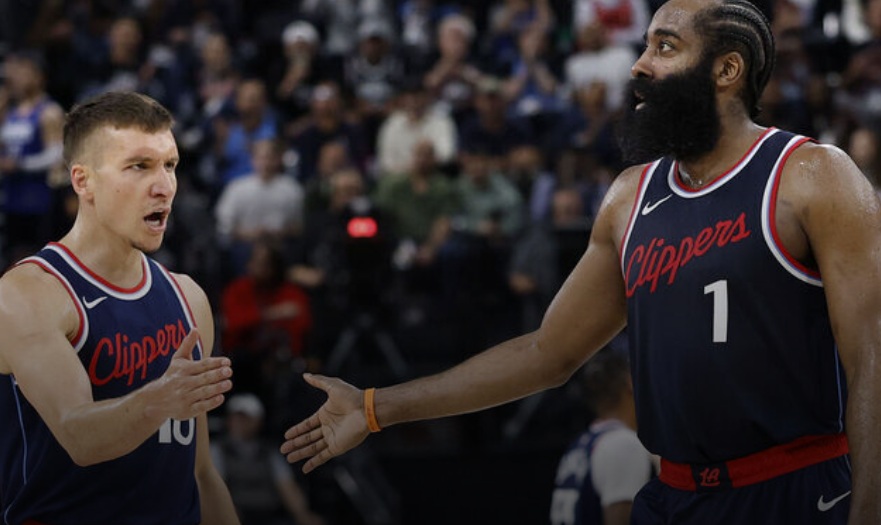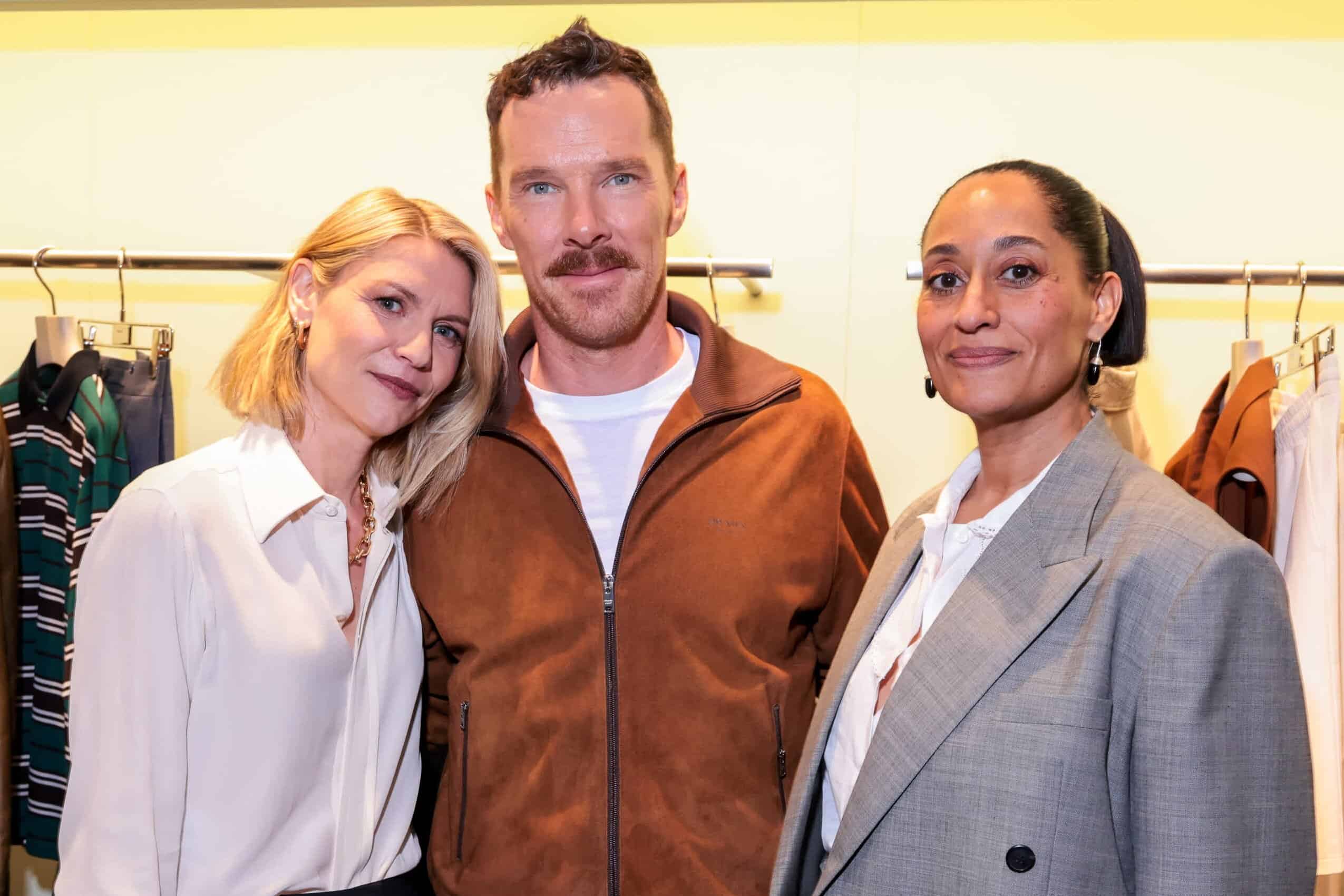A killer went after transgender women, leading a grieving father to realize too late that he should have accepted his daughter for who she was.
Law & Order: SVU Season 24 Episode 8 involved violence against trans women and unsupportive parents.
It had a heartwarming ending despite some flaws in the story.
As a transgender person, I have mixed feelings about these types of stories.
On the one hand, violence against transgender people is a serious issue that needs to be discussed. But too often, trans people are ONLY included in shows like SVU when they are victims of violent crime, and that’s not cool either.
Although this story fell into the trap of only including transgender victims, it also had many trans-supportive aspects. I liked the focus on Detective McDaniels’ growing awareness that he missed out on an authentic relationship with his child because he could not accept her as a woman.
I couldn’t accept Ada for who she was, and that was my loss. I never got to know her.
McDaniels
Instead of trying to empower a rape victim, Benson had to encourage the grieving father to accept who his daughter had been in life and return her things so that he could get justice for her.
Their conversation after Cora’s testimony was powerful. McDaniels was disgusted by what Cora had suffered and what he now realized Ava had to have suffered. He felt guilty and ashamed of having tampered with the crime scene so that other cops couldn’t laugh at his dead child.
McDaniel: If I’d only left everything alone, maybe Cora wouldn’t have been attacked.
Benson: You know, Cora needed a father. You can still be that for Ada. You can call her by the name she chose.
McDaniel: I was not a good person.
Benson: So be a better one.
But as emotional as his breakthrough was, it was still sullied somewhat by the fact that he didn’t want to accept Ada’s gender identity until he heard about another trans woman’s pain.
It’s better late than never, and he needed to hear his daughter’s experience from someone like her. Character-wise, it made sense.
But writers must also consider the bigger picture and the messages they send. The overall message about acceptance being important was great, but Ada and Cora didn’t have much more to their characters than being victims, and that wasn’t so good.
On shows like SVU, there’s often little time to get to know the victims and their lives outside of being attacked. In this case, they could have had the same story without reducing Ada to a victim.
If Ada hadn’t died, there would have been no need for Cora to be attacked. Ada could have struggled with the question of whether to move forward with her case while her father wanted it kept secret that she’d been “in drag” at the time of the attack.
That might have been an even more powerful story. Instead of realizing too late that he never knew his daughter, McDaniels could have redeemed himself and learned to accept her while she was alive. And another trans woman would not have had to have been turned into a victim to help wake him up.
Cora’s testimony brought up some important issues, though.
The defense attorney’s cross-examination was obnoxious. First of all, has she never heard of cross-gender hormones? Of course, Cora wouldn’t have the same physique and muscle structure as she did before she began her medical transition. (This silly argument is also the basis for wanting to bar trans women from women’s sports.)
Worse, she asked if Cora “identified as a man” when she was a wrestler. This put Cora in an impossible position.
Most trans people don’t identify as their birth gender pre-transition. But if Cora said she didn’t identify as a man in those days, the jury would likely not understand, and the defense attorney could paint her as “confused” to try to get them to disregard her testimony.
This doubly sucks because talking about pre-transition life can sometimes damage trans people’s mental health, especially if they are misgendered or forced to remember living as a gender that didn’t fit them.
The defense attorney’s other contention that it was a consensual roleplay was especially ridiculous in light of the other questions she asked. In that situation, saying “no” or “stop” would be useless because it would be assumed it was part of the game.
If it were truly a consensual “non-consensual” roleplay, Cora would have used a safe word or phrase. If that was the defense attorney’s argument, she shouldn’t have bothered asking why Cora didn’t say no.
The defense attorney’s annoying questions are the same ones that defense attorneys often ask rape victims. For some reason, there’s this idea that if the person didn’t say no, it magically makes a non-consensual encounter consensual, and rapists’ attorneys often try to paint the victims as dishonest or untrustworthy.
Still, it was doubly annoying that these questions also called Cora’s gender identity into question. The “rough sex” defense also played into stereotypes of trans women as men who like to dress as women for sexual reasons.
Rollins did an excellent job of explaining the trans experience and why some people can’t deal with it. She’ll be well prepared if any of her girls ever come out as trans or non-binary.
Rollins: I saw you mirroring his language. Calling him Aiden.
Benson: He wasn’t going to talk to me if I used the wrong pronoun.
Rollins: It wasn’t wrong according to Aiden.
She also bristled at Benson’s misgendering Ada when talking to Ada’s father. I understood where Benson was coming from, though. You can’t move a parent from totally non-accepting to accepting in one move.
When I used to work on an LGBT crisis line, I often had to do something similar when parents who were not accepting yet called to ask for advice about dealing with their kids’ transition.
I would often use the child’s birth name and then, after building trust, begin to encourage the parent to use the child’s chosen name and pronoun.
Rollins is getting set to move on from SVU. I’ll miss her, especially after this last episode.
Here are a few other odds and ends about this story:
-
Ada’s friend was named Brain Donnelly, and McDaniels said the family was all criminals. Was Brian related to Frank Donnelly, the corrupt cop that killed himself after Stabler exposed his wrongdoings on Law & Order: Organized Crime Season 2? -
Did anyone else find it weird for Carisi to question his fiancee on the stand? I half expected that defense attorney to make a big deal out of it. -
Fin and Muncy’s relationship is coming along, though I could have sworn Fin already warned Muncy that he’d tell Benson if she disobeyed orders again. And sorry, bro, but I like pineapple pizza.
What about you, Law & Order: SVU fanatics? What did you think of Rollins’ penultimate episode and the way this episode dealt with violence against trans people?
Hit the big, blue SHOW COMMENTS button to let us know. And don’t forget you can watch Law & Order: SVU online.
Law & Order: SVU airs on NBC on Thursdays at 9 PM EST / PST. The next new episode will air on December 8, 2022.
Edit Delete
Jack Ori is a senior staff writer for TV Fanatic. His debut young adult novel, Reinventing Hannah, is available on Amazon. Follow him on Twitter.
You can view the original article HERE.

